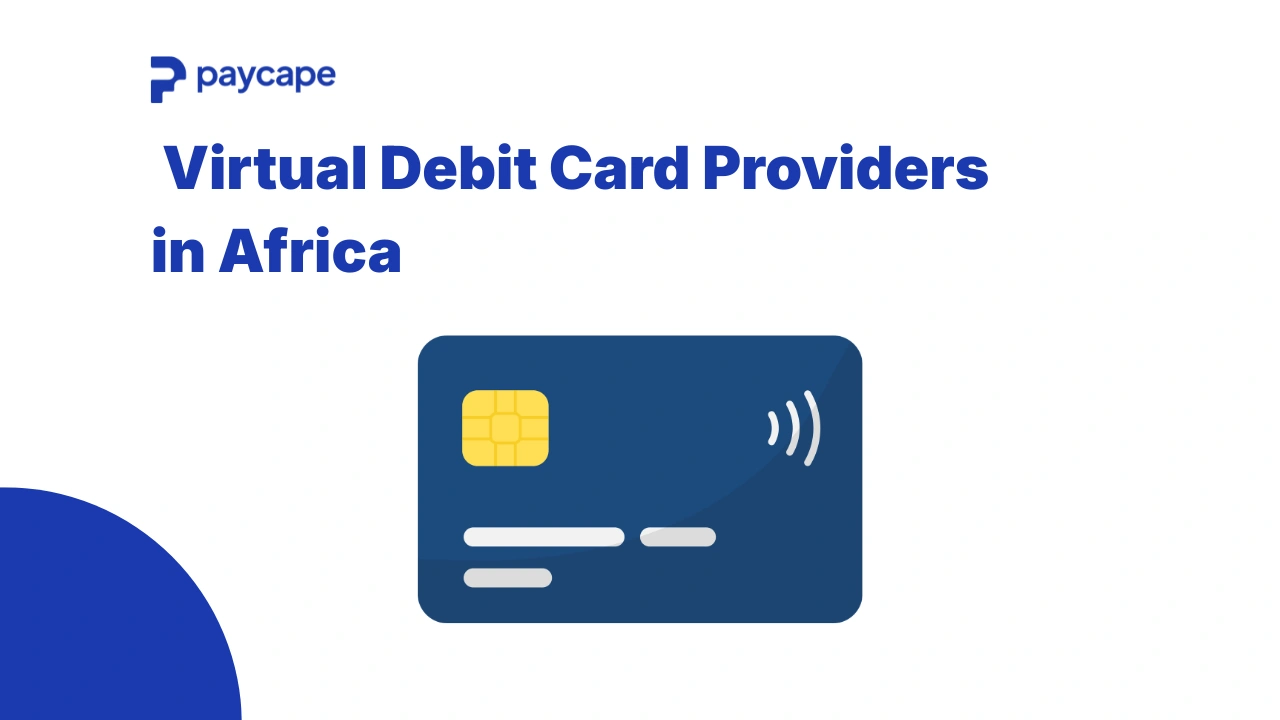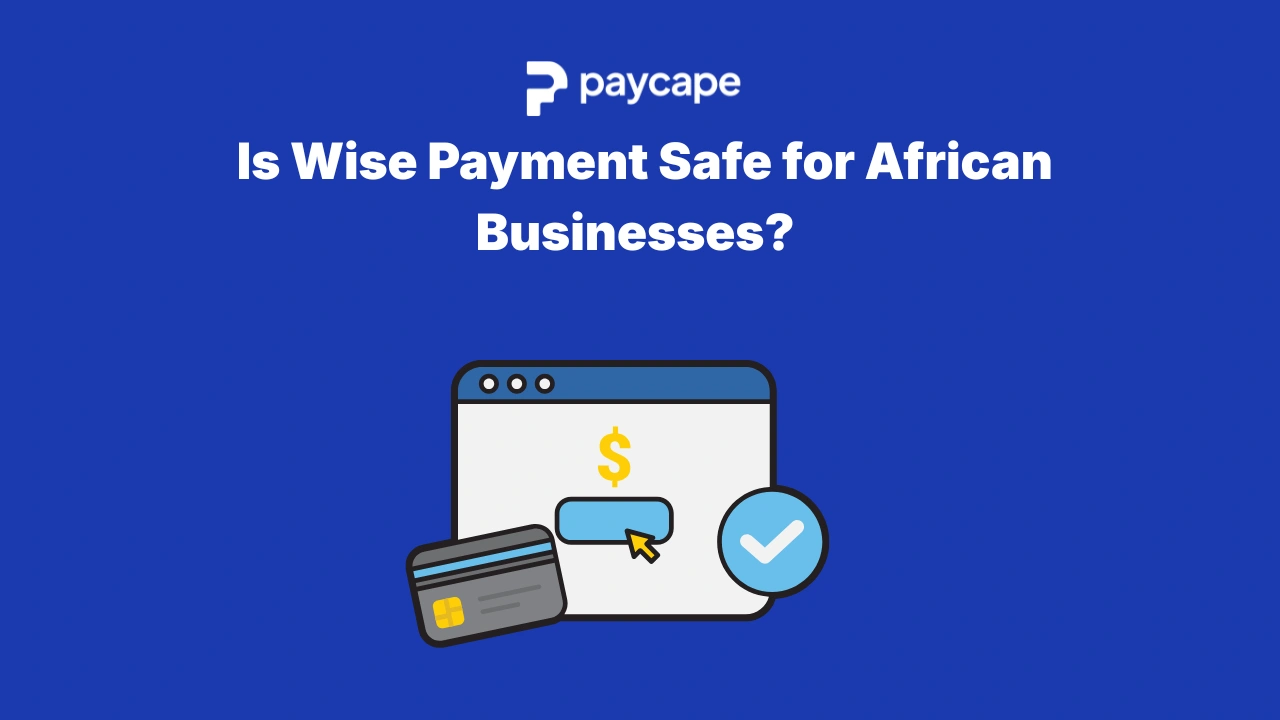Managing your money effectively has never been more crucial, especially in today’s economic climate, where every naira matters. If you’ve ever wondered where your salary disappears by mid-month, you’re not alone. Many people struggle with tracking their daily expenses, from transport fares to lunch money, but the solution might be sitting right in your pocket. With the right expense tracker apps, you can finally take control of your finances and see exactly where every dime goes.
Why Tracking Your Expenses Matters More Than Ever
Before we see the best ways to track expenses, let’s understand why this habit is crucial for financial success. In Nigeria, Ghana, Kenya, and across Africa, many people live paycheck to paycheck, making it essential to know where their money goes.
Expense tracker apps have revolutionized personal finance management by providing real-time insights into spending patterns. Unlike the traditional pen-and-paper method your parents might have used, these digital solutions automatically categorize transactions, send alerts when you’re overspending, and even predict future expenses based on your habits.
Think about it this way: if you buy a ₦500 bottle of water every workday instead of carrying water from home, that’s ₦10,000 monthly, enough to pay for internet or contribute to emergency savings. An expense tracking app can help you identify such patterns and make informed financial decisions, at no extra cost.
The Power of Mobile Expense Tracking
Your smartphone is already with you everywhere, making it the perfect tool to track your spending habits. Modern expense tracker apps sync across all your devices, meaning you can log expenses on your phone and review detailed reports on your laptop later.
The beauty of using apps for expense tracking lies in their convenience. Whether you’re buying vegetables at the local market in Lagos, paying for matatu fare in Nairobi, or purchasing airtime in Accra, you can instantly record these transactions. This real-time tracking ensures nothing falls through the cracks, which often happens with manual methods.
Top Free Expense Tracker Apps for African Users
Finding the right personal expense tracker app can transform your financial habits. Here are some excellent options that work well across Africa:
- Google Sheets
- Money Lover
- Bookipi
- Spendee
- Expense AI
1. Google Sheets: The simplest and most accessible option for many users, oh, did I hear “free” too? If you’re already familiar with using Google Sheets for other data analysis tasks, then you may already have an idea of how to track and budget your expenses using Google Sheets. What makes it ideal is its offline functionality, automatic budget calculations with formulas, and real-time collaboration features for family expense sharing.
2. Money Lover is also an excellent choice as it supports multiple currencies and works well in emerging markets. This monthly expenses tracker allows you to set budgets in naira, cedi, shilling, or any other African currency, making it highly relevant for local users. Other features loved by its users include synchronization across multiple devices, effortless transaction entry, and debt and loan management.
3. Bookipi stands out as a free budgeting app with an easy-to-use expense tracker that’s particularly valuable for African users. The app categorizes expenses for easy organization and tracking, sends notifications when spending approaches budget limits, and automatically syncs with invoicing data for small business owners.
4. Spendee excels in visual expense presentation. The app provides details about incomes and expenses in an infographic format, making it easy to track money intuitively and understand where all your money goes. It features personal and family expense tracking, secure bank account connections, budget goals, and multiple currency support.
5. Expense AI represents the cutting-edge of expense tracking technology, using artificial intelligence to automatically categorize transactions and predict spending patterns. While newer to the market, it offers smart receipt scanning that can recognize local African merchant names and currencies. The app learns from user behavior to provide personalized budgeting recommendations.
Setting Up Your Mobile Expense Tracking System
Creating an effective expense tracking system starts with choosing the right approach for your lifestyle. Most expense tracker apps offer multiple ways to log transactions, from manual entry to automatic bank synchronization.
Begin by connecting your primary bank accounts and mobile money wallets to your chosen personal expense tracker app. In countries like Nigeria, where multiple payment platforms are common, ensure your app can handle Flutterwave, Paystack, and traditional bank transfers simultaneously.
The key to successful expense tracking lies in consistency. Set aside five minutes each evening to review and categorize any manually entered expenses. Many free apps for expense tracking send daily reminders, helping you maintain this healthy financial habit.
Don’t forget to customize categories that reflect your spending patterns. Add categories for things like fuel for the generator, school fees, extended family support, or seasonal festivities like “owambe” that might not appear in Western-focused apps.
Advanced Features That Make Expense Tracking Effortless
Modern expense tracker apps go beyond simple transaction logging. Receipt scanning technology allows you to photograph receipts from Shoprite, Jumia orders, or local market purchases, automatically extracting relevant information and storing it digitally.
Budget alerts are particularly valuable features in the best ways to track expenses. Set limits for categories like entertainment, transport, or groceries, and receive notifications when you’re approaching these thresholds. This proactive approach prevents overspending before it happens.
Many apps now offer family sharing features, allowing household members to contribute to a shared monthly expenses tracker. This is especially useful in African households where extended families often share financial responsibilities.
Geographic spending analysis is another powerful feature that shows where you spend money most frequently. This insight can be eye-opening, revealing patterns like excessive spending near your workplace or favorite food outlet.
Creating Sustainable Expense Tracking Habits
Success with expense tracker apps depends on building consistent habits rather than relying on perfect execution. Start small by tracking major expenses like rent, utilities, and groceries before adding smaller transactions.
Use your smartphone’s built-in features to support your tracking efforts. Set calendar reminders for weekly financial reviews, use voice notes to quickly capture expense details, or take advantage of widgets that put your favorite free expense tracker app directly on your home screen. The goal isn’t to restrict every purchase but to gain awareness of spending patterns.
Turning Expense Data Into Financial Success
The real value of expense tracker apps emerges when you analyze collected data to make informed financial decisions. Most apps provide monthly and yearly reports showing spending trends, helping you identify areas for improvement.
Use this data to cultivate better spending habits. If you discover you’re spending ₦300,000 monthly on fuel, consider carpooling or using public transport for certain trips. When you see how much goes to eating out, you might decide to meal prep more often.
Conclusion
Tracking your expenses with your smartphone ensures easy and better money management. The combination of convenience, automation, and detailed analysis that modern expense tracker apps provide makes them indispensable tools for anyone serious about financial success.
Frequently Asked Questions
Yes, many free expense tracking apps offer comprehensive features suitable for personal use. Paid versions typically add advanced reporting, multiple account support, or business features, but free options like Money Lover provide excellent basic functionality for most African users.
Most modern expense tracker apps can integrate with popular mobile money services across Africa. Some apps automatically import M-Pesa, MTN MoMo, or Airtel Money transactions, while others require manual entry. Check app compatibility with your preferred mobile money service before downloading.
Yes, many personal expense tracker apps work offline, allowing you to log transactions without internet connectivity. The data syncs automatically when you reconnect to the internet, ensuring no transactions are lost during periods of poor connectivity.
Ready to scale your fintech across Africa?
Join Paycape to get discovered, find partners, and stay compliant across West Africa
Join the Waitlist


